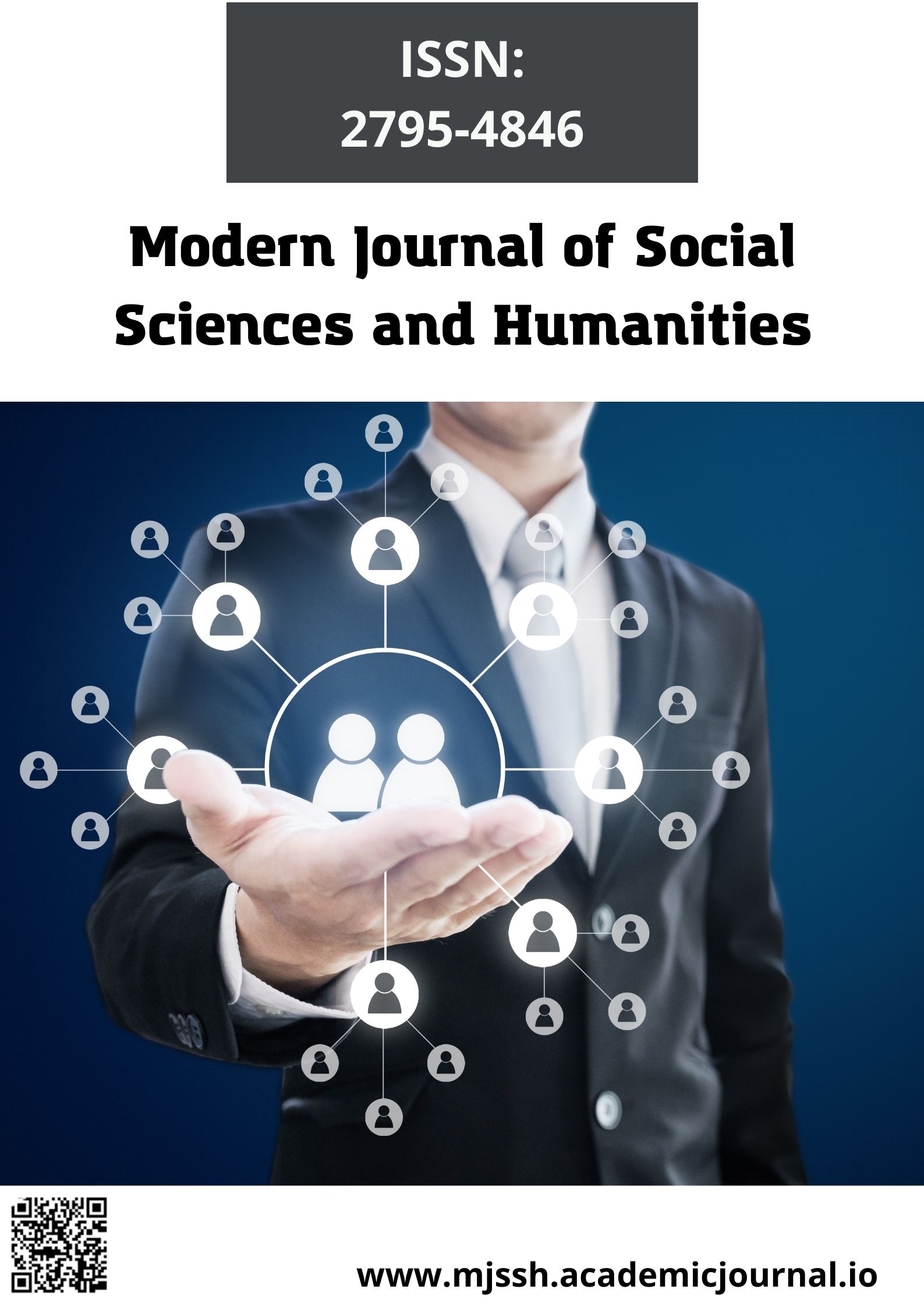EDUCATION IN UZBEKISTAN: CREDIT-MODULE SYSTEM, NEW APPROACHES AND VIEWS
DOI:
https://doi.org/10.51699/mjssh.v1i3.35Keywords:
credit, module, credit-module training system, ECTS system, independent education, module technology, freedom of educational process, liberalizationAbstract
This article describes the creation of the credit-module system, its content, forms of training, the expected results of the system, the gradual transition to a credit-module system in Uzbekistan, the conditions and directions.
References
Urinov V. ECTS credit-module system in higher education institutions of the Republic of Uzbekistan: Basic concepts and rules. –T.:2020.
Jessica Shedd (2003), "The History of the Student Credit Hour". New Directions for Higher Education. 122 (Summer) (122): 5-12.
Resolution of The Council and of the Ministers of Education, Meeting within the Council, Official Journal of the European Communities, 1976.
Robert Wagenaar, A History of ECTS, 1989-2019. Developing a World Standard for Credit Transfer and Accumulation in Higher Education. International Tuning Academy,2020. Available athttps://www.ruq.nI/research/portal/files/111591811/A History of ECTS 1989 2019 PDF.pdf
European Commission ECTS Guide of 2015. Available at
https://ec.europa.eu/education/ects/users-quide/docs/ects-users-quide en.pdf
European Cuommission ECTS Guide of 2009. Available at
httpsi//ec.europa.eu/education/ects/users-quide/docs/vear-2009/ects-users-quide-2009 en.pdf
European Commission ECTS Guide of 2004. Available at
https://www.uc.pt/ae3s/pasta docs/ects-users-auidel 70804.pdf
Lutfullayev P. About credit-module training system. –Namangan .: 2019.
Internet sources: www.ziyonet.uz
www.referat.uz
www.arxiv.uz






